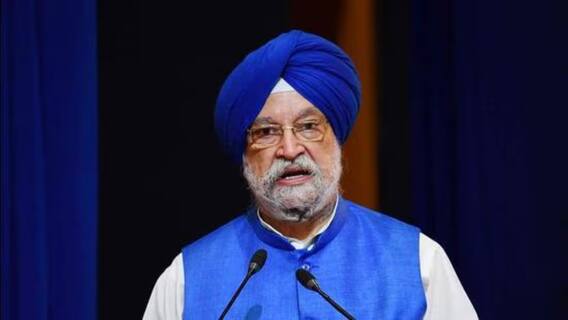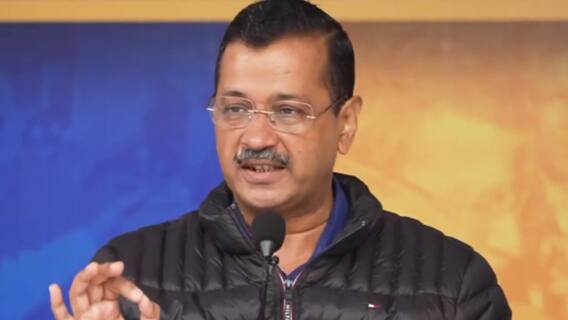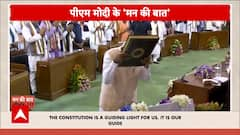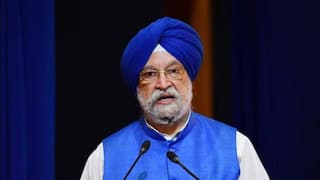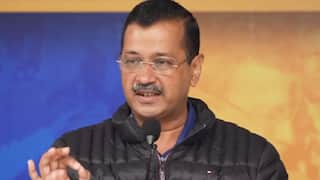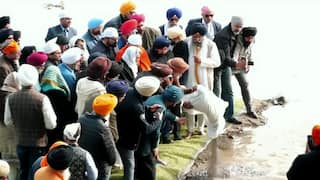Justice Ayesha Malik To Be Pakistan's First Woman Supreme Court Judge
The Judicial Commission of Pakistan (JCP) has approved the elevation of Lahore High Court Justice Ayesha Malik to the Supreme Court.

New Delhi: Justice Ayesha Malik is all set to be Pakistan's first woman to become a Supreme Court judge.
On Thursday, the Judicial Commission of Pakistan (JCP) approved the elevation of Lahore High Court Justice Ayesha Malik to the Supreme Court, a report in the Dawn said.
In the meeting, Justice Malik's elevation was approved by a majority of five votes against four. Justice Ayesha Malik would have become a Supreme Court judge last year itself but a lack of consensus in the JCP meeting in September saw her elevation getting rejected.
Justice Malik's nomination saw reactions pouring in from several quarters.
Congratulations to Justice Ayesha Malik on her nomination for appointment to the Supreme Court!
— Reema Omer (@reema_omer) January 6, 2022
Her presence will enrich the SC in many ways, including by finally bringing a woman’s perspective to the highest court of Pakistan that has shockingly been missing for 74 years
Legal adviser for the International Commission of Jurists Reema Omer said Justice Malik's presence would enrich the Supreme Court in "many ways" in addition to "finally bringing a woman's perspective to the highest court of Pakistan that has shockingly been missing for 74 years".
"Impediments such as opacity and lack of criteria in appointments process; an all-men judicial commission; and sexism in legal community continue to exclude women from the judiciary," she tweeted.
Congratulations to 🇵🇰 & Hon Justice Ayesha Malik. An Important & defining moment in our country as a brilliant lawyer & decorated judge has become Pakistan's first female SC judge. To shattering glass ceilings & to 👭. Thank you to Hon JCP , Justice Bandial & Hon Law Min. pic.twitter.com/MLTdmT3tA4
— Maleeka Bokhari (@MalBokhari) January 6, 2022
Pakistan Parliamentary secretary for law and justice Maleeka Bokhari called it an important and defining moment in the country's history.
Trending News
Top Headlines






